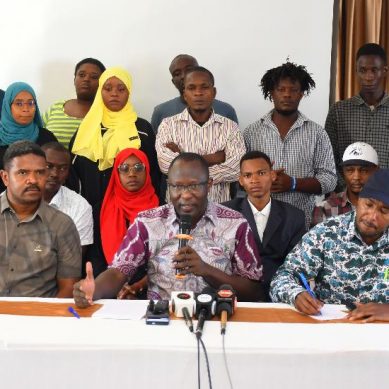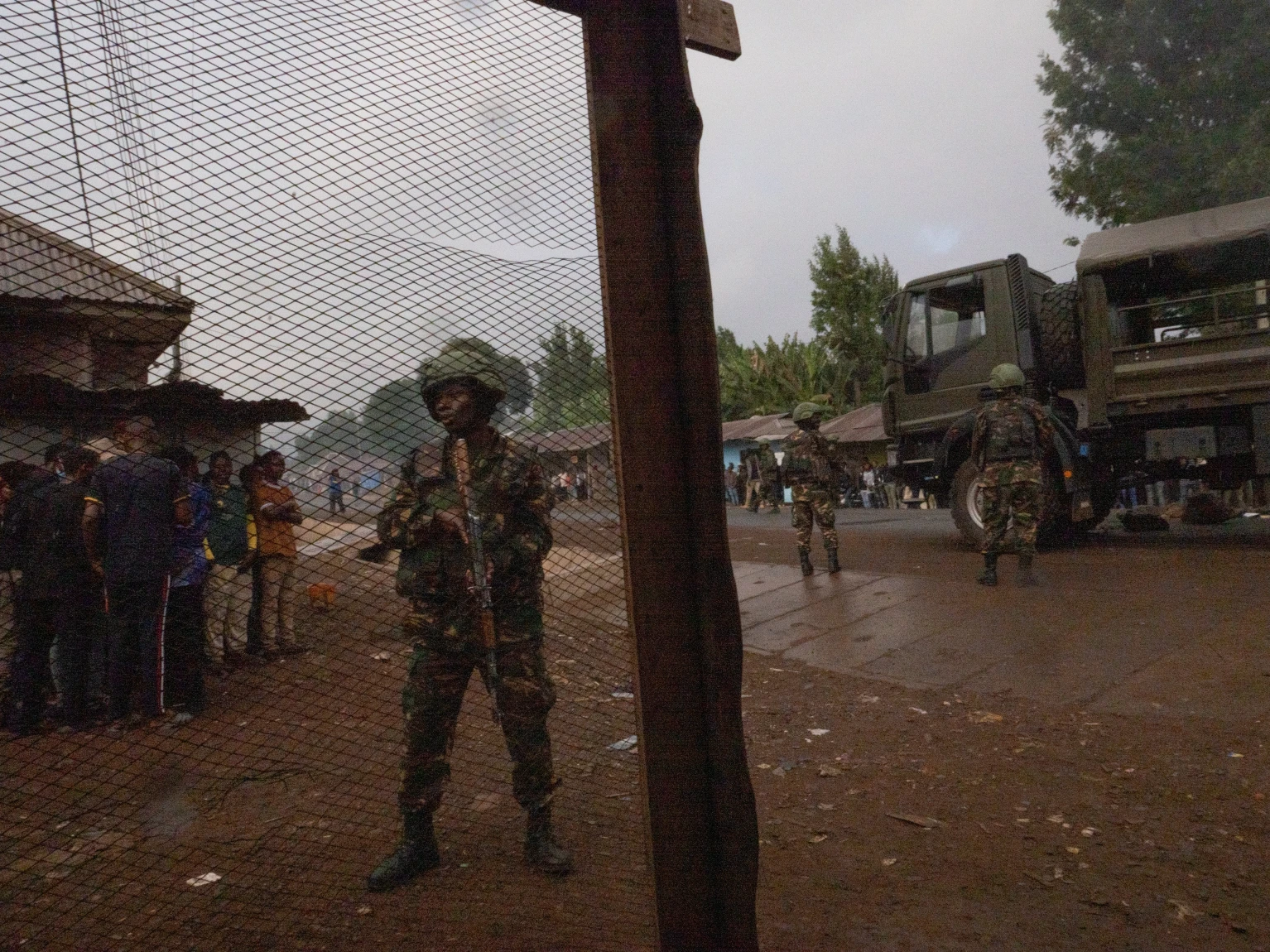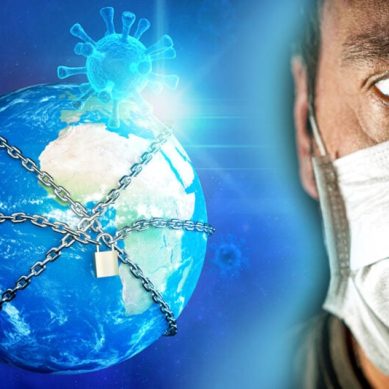Campaign kicks off in US to blacklist cancer-causing Red Dye No3 food additive used to give popular candies, foods and drinks their cherry-red colours
While the petition currently sits with the White House Office of Management and Budget, the FDA can grant the petition on its own, without the office’s approval, said Melanie Benesh, vice president of Government Affairs for the Environmental Working Group (EWG), one of the groups backing the 2022 petition.
Africa makes step forward as continent seeks break from Big Parma on medical imports after Morocco produced first mpox tests
When mpox cases were found in some Western countries like the United States in 2022, some companies began developing rapid test kits that don’t require lab processing. But they shelved those efforts when the virus was largely contained.
‘This is stupidity’: Centralising WHO, giving it control of global health amounts to giving Big Pharma free reign over our lives
The evidence (for example, here and here) points to the fact that regional approaches, grounded in local contexts and community empowerment, offer a much more promising path toward a healthier future for a lot more people.
Study links high women death rate to eating ultraprocessed foods in ‘attractive’ packaging and ‘enjoyable’ flavours
Over the past few years, there’s been a growing number of studies about ultraprocessed foods and how they are responsible for the increase in chronic health concerns today. A recent Swedish study joins this list, providing compelling evidence that ultraprocessed foods increase all-cause mortality, especially among women.
Delay, defend and deny: US insurance catchwords that might unravel motive behind murder of UnitedHealth CEO
Brian Thompson was killed in an attack police called targeted as he was about to enter the Hilton hotel for the company’s annual investor conference. The gunman, whose crime was recorded on video, is at large and the New York City Police Department said there was no known motive for the murder.
Report: Famine catastrophes result from governments fear of international stigma and political blowback at home for failing to feed own people
Martin Griffiths, who stepped down as UN humanitarian relief chief in June, said shortages of data, money and access to areas where people are starving has created a situation in which “your hands are tied behind your back from the beginning.”
New findings reveal DNA contamination in Pfizer Covid vaccines up to four times legal limits
The new study follows the recent publication of a peer-reviewed paper in the Journal of American Physicians and Surgeons, identifying serious safety concerns in the mRNA Covid-19 shots. The authors of that study called “at minimum” a moratorium on the shots.
New report says Covid didn’t cause surge in excess deaths, pandemic response did
Hospitals and medical providers imposed aggressive and experimental medical interventions on some people, including the systematic use of ventilators, experimental treatment protocols and palliative care for those who were severely ill. Others were denied access to medications like ivermectin or antibiotics.
Findings: Merck pharmaceutical’s popular asthma drug causes serious mental health issues in children and adults
The FDA also could review all available information to determine whether the risk outweighs the therapeutic benefit in kids and, if not, issue a contraindication warning that the drug shouldn’t be used in children under 18.
Yuck to profits: Zimbabwe resorts to maggot farming to survive drought, thrive
In Uganda, the maggots helped plug a fertiliser crisis caused by the war in Ukraine. In Nigeria and Kenya, they are becoming a commercial success.
















